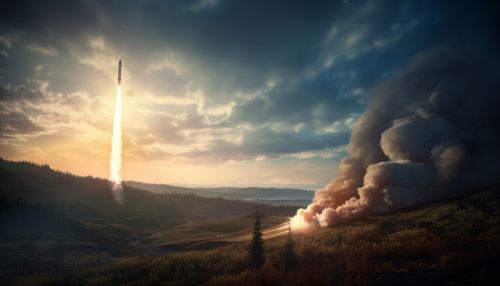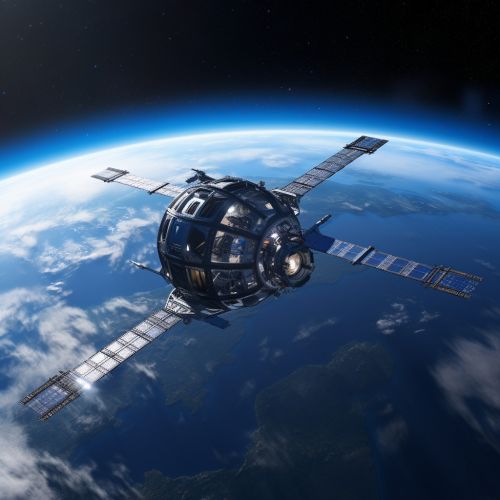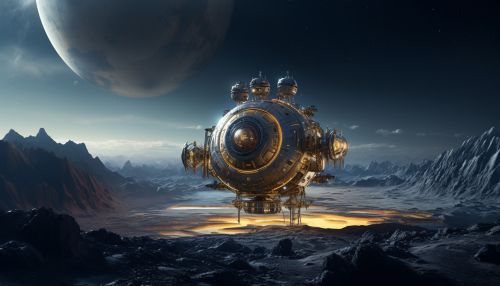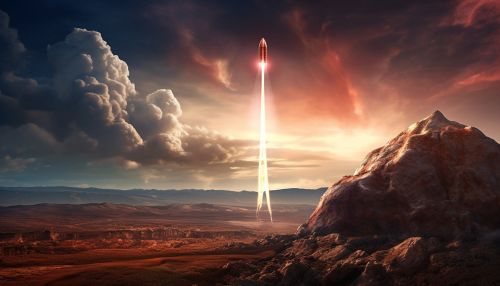Space exploration
Introduction
Space exploration is the ongoing discovery and exploration of celestial structures in outer space by means of continuously evolving and growing technology. The concept of exploring the unknown has always been a fundamental element of human nature. This includes the desire to understand and explore the observable universe, of which our planet is a small part.


History
The history of space exploration has been marked by significant milestones, driven primarily by a competition between the United States and the Soviet Union during the Cold War. The launch of the first artificial satellite, Sputnik 1, by the Soviet Union in 1957 was a pivotal event in history, marking humanity's entry into the Space Age.
Space Agencies
There are several space agencies worldwide, with the most notable being NASA (United States), Roscosmos (Russia), ESA (European Union), ISRO (India), and CNSA (China). These agencies are responsible for the majority of human space exploration activities, including the launch of satellites, unmanned missions to other planets, and the construction and operation of space stations.


Manned Missions
Manned missions involve sending astronauts into space. The first human to journey into outer space was Yuri Gagarin, a Soviet astronaut who orbited the Earth in 1961. Since then, hundreds of people have been to space, and a dozen have walked on the Moon. The International Space Station (ISS) is a habitable space station that serves as a home where astronauts live and work.
Unmanned Missions
Unmanned missions have been used to explore the Moon, the Sun, all the planets in the Solar System and their major moon systems, asteroids, comets, and the outer reaches of the Solar System. These missions involve the use of robotic spacecraft to explore celestial bodies that are too dangerous or distant for human explorers.


Technologies
Space exploration relies on a wide range of technologies, from rockets and spacecraft to satellites and space probes. These technologies have been developed and refined over the decades, enabling us to explore further into space and gather more detailed information about the universe.
Future of Space Exploration
The future of space exploration includes ambitious projects such as manned missions to Mars, the construction of a permanent Moon base, and the search for life on other planets. Private companies like SpaceX and Blue Origin are also playing a significant role in shaping the future of space exploration.


